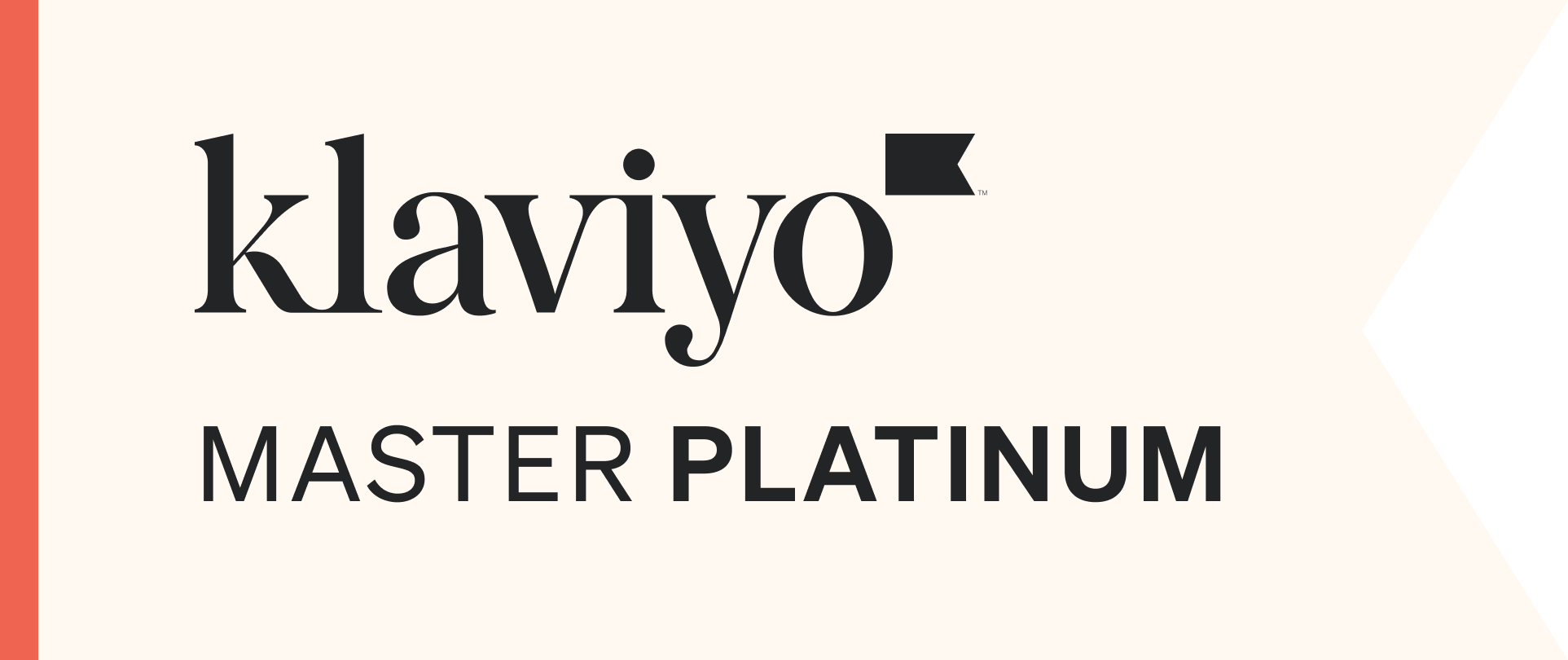By Iulian Grecu on 29 May 2018

When you think important conversion data and accuracy of tracking, you might think of e-commerce behaviour and checkout tracking. Somewhat understandably, lead generation sites don't always apply the full suite of conversion tracking that's available to them. Actually, I take that back. It's not understandable because much of it is quite simple. Here's the why and the how of it all.
Layered Approach to Lead Generation Conversion Tracking
I view the tracking of lead generation sites in layers of difficulty:
- "Thank You" page tracking
- Event Tracking With Google Tag Manager
- Advanced Event Tracking
The vast majority of clients will have the first and maybe second layer of tracking in place when we onboard them. With these two layers of conversion tracking, you'll have a fairly good idea of what's driving your conversions; but, much like many lead generation experts in our industry, you won't have the whole picture.
Shining a Light On Your Data
When we onboard clients, we audit their Google Analytics setup and check which tracking they are using. Every now and then, the first layer of tracking won't be in place. More frequently, the second layer isn't implemented and more often than not we'll add the third layer of advanced event tracking.
1. "Thank You" Page Tracking
This is the foundation tracking for many lead generation sites. When a prospective customer completes a form they are directed towards a "Thank You" page. Because this page can only be reached by people submitting a form, pageviews to this page can be classed as a conversion or a goal. Nice and simple, hence it's the first layer of data tracking.
2. Event Tracking With Google Tag Manager
These are a little more complex and that's why I consider them to be the second layer of conversion tracking. Event tracking through Tag Manager lets you see what people are doing on a website. This might be tracking specific button clicks based on a variety of parameters or user behaviour such as time on page or interactions with embedded YouTube videos. The range of events you can track is endless so I won't go into that now. Similar features can be implemented without Tag Manager by sending JavaScript events to Analytics, but normally they'll be more difficult to update.
3. Advanced Tracking
This is where things get really interesting. Advanced event tracking is relatively complicated and as such I consider it to be the third layer of conversion tracking, but also the most accurate. For example, the second layer of event tracking will tell you if someone clicked the "submit" button on a form, but advanced event tracking can tell you if the form was actually successfully completed or if it was stopped because of a validation error.
Advanced tracking can also identify users who were impeded from converting along the funnel. With this data, we can build custom audiences and retarget these users. Again, there's an almost endless list of advanced event tracking techniques you can use for your website but rather than go through them all, I want to show you some tracking I deployed recently for a client.
An Example of "Must- Have" Event Tracking for AdWords Campaigns
When you see advanced event tracking, I know it's tempting to be put off but you can implement really simple and effective changes through Google Tag manager. If your lead generation site has a phone number where prospective customers can get in touch, then you'll love this.
One change I recently added for a client is a tag which swaps out the phone number on your website with another number provided by Google. It only does this for traffic generated by AdWords. For the customer, nothing changes except the number they interact with; they still reach you and it costs them the same amount of money to call. By using this method, however, if someone taps to call or writes down the number, you can correctly attribute the call taking place as an AdWords conversion.
This is just one example of how lead generation sites can improve the accuracy of their data and in turn make better decisions. Data black holes are dangerous for digital marketers so it's important you try shine a light on them as much as possible.
Why Bother With Advanced Event Tracking?
While many might view advanced event tracking as a "nice to have", it can reclaim a significant number of conversions and attribute them to the correct acquisition channel. I checked out some of our newer clients, isolating those whose first full month with Wolfgang was April 2018. This was the first full month with advanced event tracking that a Wolfganger had deployed.
21% of all April conversions for these clients were attributed using advanced event tracking. That means before these improvements were made, 21% of conversions would have been incorrectly attributed to top of funnel awareness activity or might have simply been dark conversions with no real insight.
Wolfgang Essential Takeaway
Your data drives business decisions. Your data decides where you spend money and ultimately your data is the difference between success and failure. Making sure your data is accurate, whether you're an e-commerce site or a lead generation site is critical and a 21% swing in the data can make a big difference.
Wolfgang recently won two Drum Search Awards for our use of data because we know how all those numbers, metrics and KPIs are the life-blood of businesses and their decisions.
Never stop trying to make your data more accurate.








